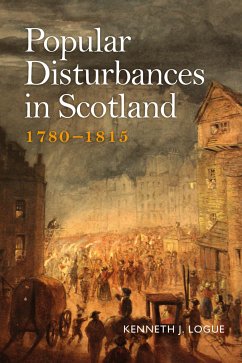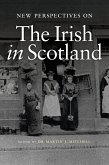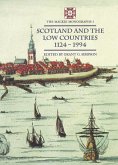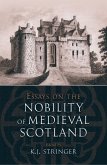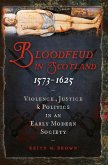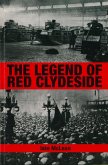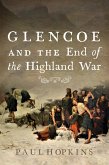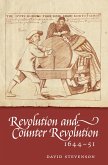The book looks at meal mobs, riots against the Highland Clearances, the widespread anti-militia disturbances of 1797, and also riots about Church patronage, politics and industrial action. The concluding chapter draws various themes together and examines the composition of crowds in the period, the role of women in disturbances, the use of handbills before and during riots, and leadership, organisation and forms of action of the crowd. Kenneth J. Logue makes full use of a range of source material: the records associated with the administration of Scottish criminal justice, Home Office documents and numerous newspapers and periodicals.
Dieser Download kann aus rechtlichen Gründen nur mit Rechnungsadresse in A, B, BG, CY, CZ, D, DK, EW, E, FIN, F, GR, H, IRL, I, LT, L, LR, M, NL, PL, P, R, S, SLO, SK ausgeliefert werden.

